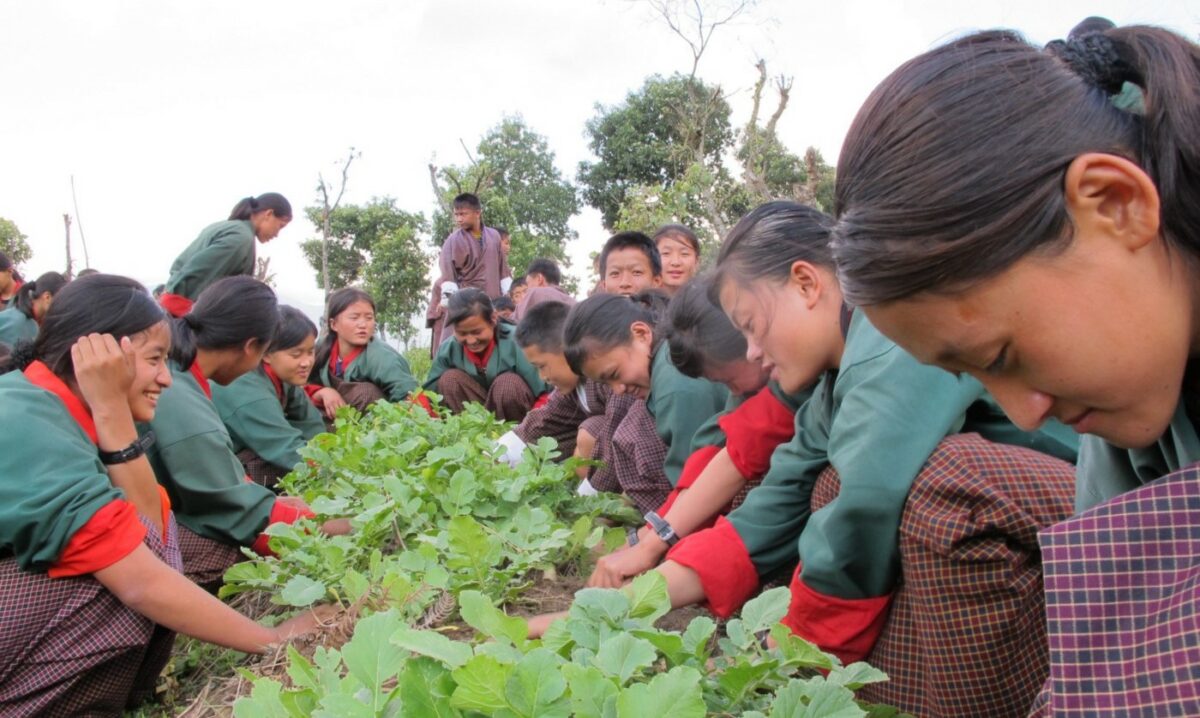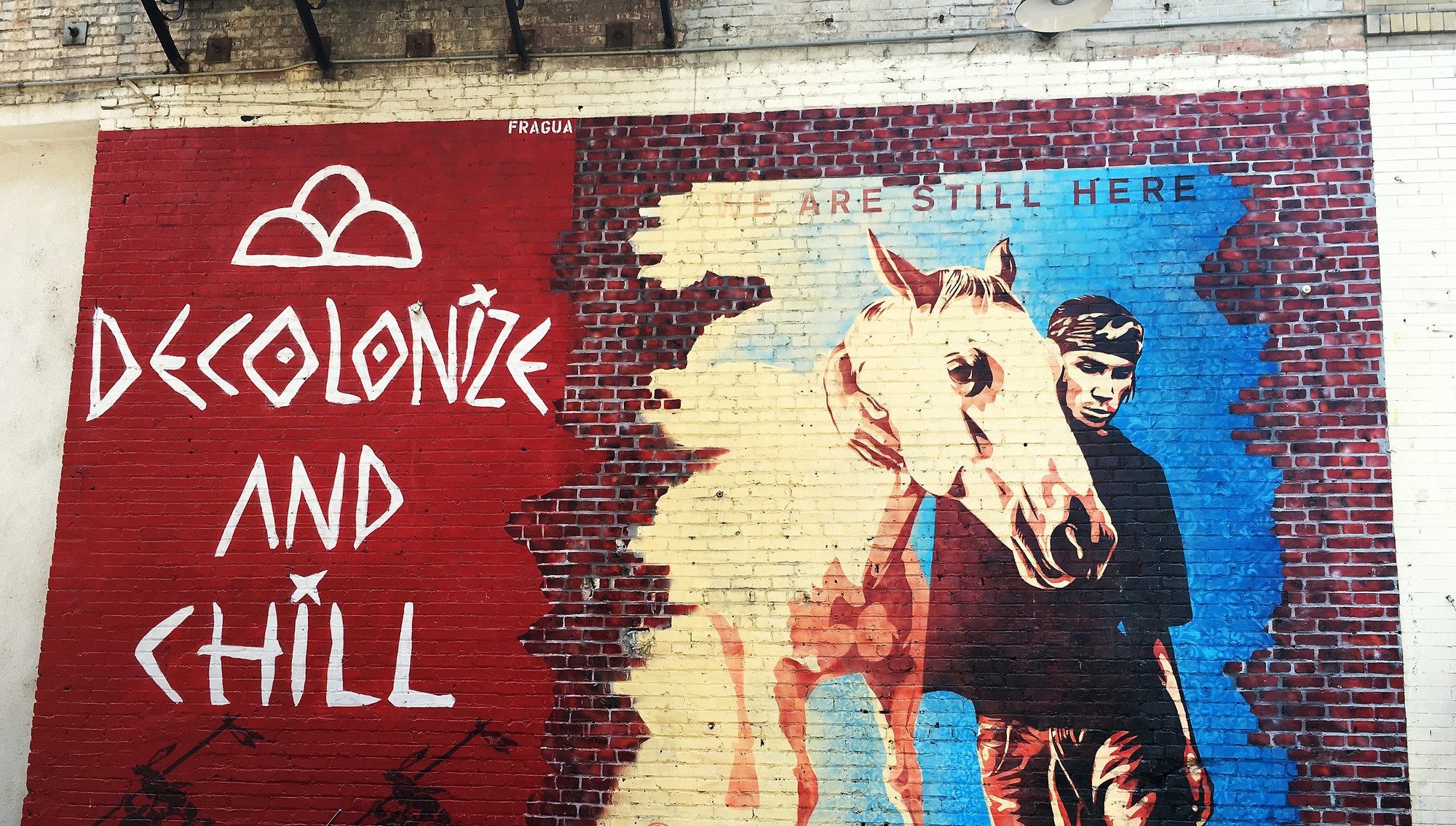By Madeleine Le Bourdon
In an era of ‘Fake News’ and polarised mainstream media, is social media educating young people or exacerbating misconceptions on global injustices? At the height of COVID-19 lockdowns around the world, we saw an acceleration of online social justice campaigns, with localised injustices connecting to global audiences. With this traction came an evolution of the way these campaigns engaged users. Accounts and posts dedicated to educating on social injustices through infographics, threads and audio-visuals trended widely.
Continue reading “#GlobalJustice: Learning and activism through social media”


